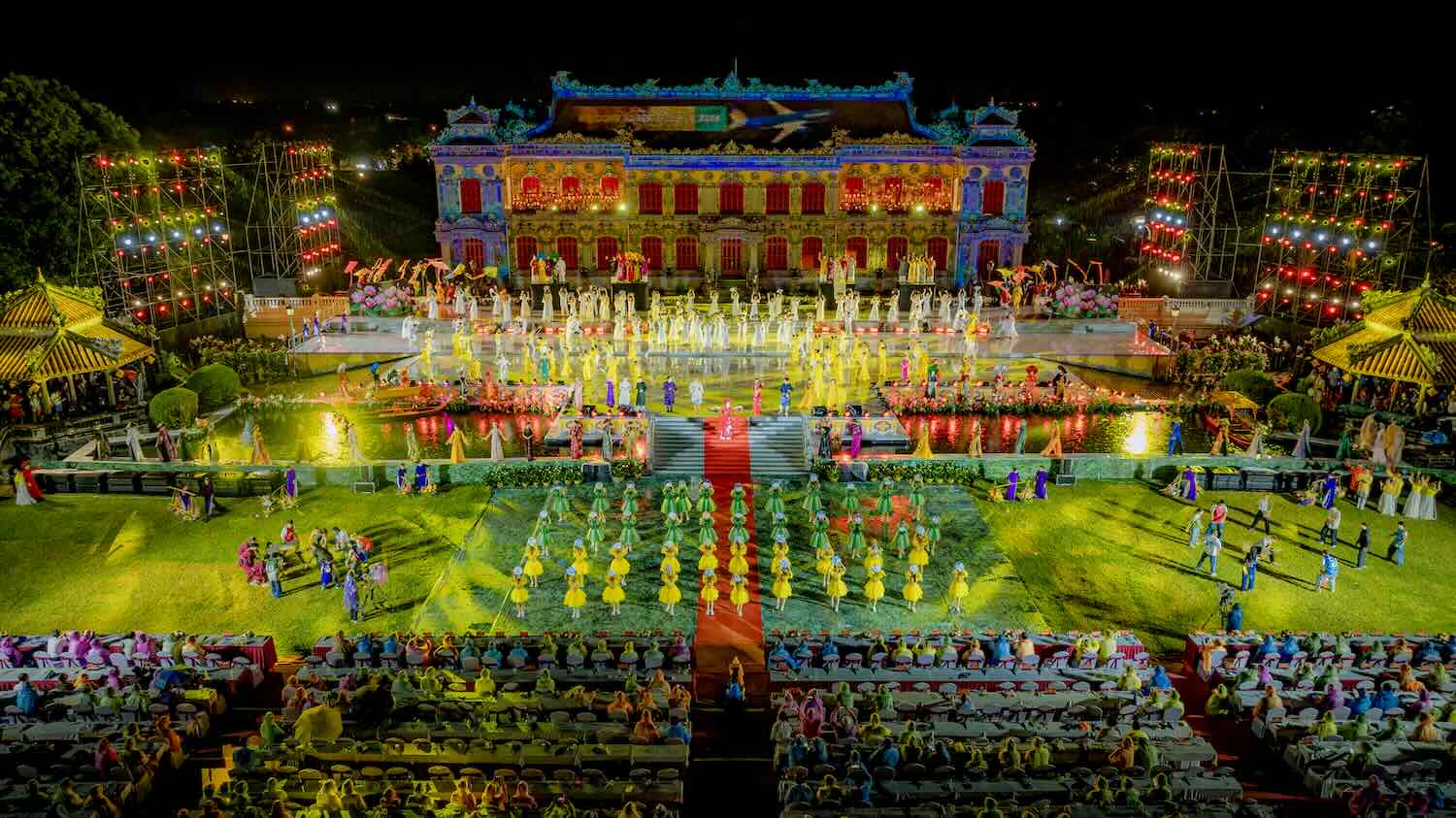 Major constructions inside the Hue Imperial City have been successfully invested in and restored, helping the conservation and promotion of Hue's cultural heritage values enter a period of stability and sustainable development. Photo: Thanh Dat
Major constructions inside the Hue Imperial City have been successfully invested in and restored, helping the conservation and promotion of Hue's cultural heritage values enter a period of stability and sustainable development. Photo: Thanh Dat
For the first time in Vietnam, there is a city directly under the Central Government with the status of a heritage city, which is Hue City. Considered a special mechanism, this once again affirms the extremely important role of culture, and Hue deserves to take on the responsibility of being a place to preserve culture for the whole country and for the world , when this land has up to 8 cultural heritages recognized as World Heritage.
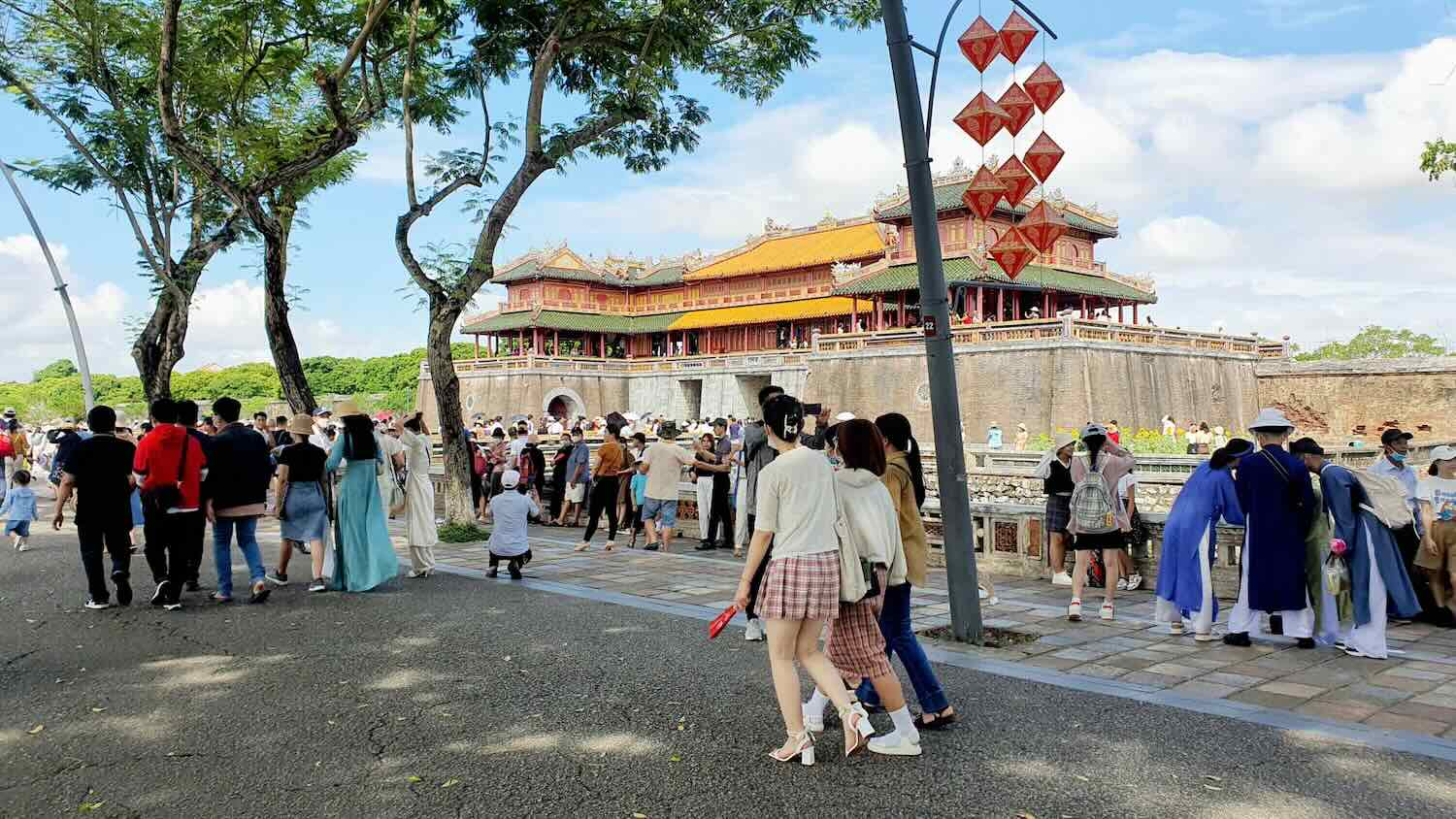 The number of tourists to Hue in 2024 will increase significantly compared to previous years. Photo: Thanh Dat.
The number of tourists to Hue in 2024 will increase significantly compared to previous years. Photo: Thanh Dat.
Hue has done a good job of preserving heritage values for decades. Now, entering a new phase, the centrally-governed city of Hue not only bears the great responsibility of preserving but also has to solve the problem of harmonious development.
Hue heritage is a precious gem
Going back in history, Hue has contributed to the overall development of the country for thousands of years. The urbanization process alone lasted nearly 400 years, starting in 1636, when Kim Long was the capital of Dang Trong. Later, Hue was also the capital of the Tay Son Dynasty and the capital of the Nguyen Dynasty.
This historical land is like a "transit station" of the Vietnamese people, where many different cultural layers converge and form a major cultural center in history. Today, Hue owns 8 world heritage titles, including the Complex of Hue Monuments, the first heritage of Vietnam to be honored by UNESCO in 1993, and Hue Royal Court Music is also an intangible heritage of Vietnam honored in 2003.
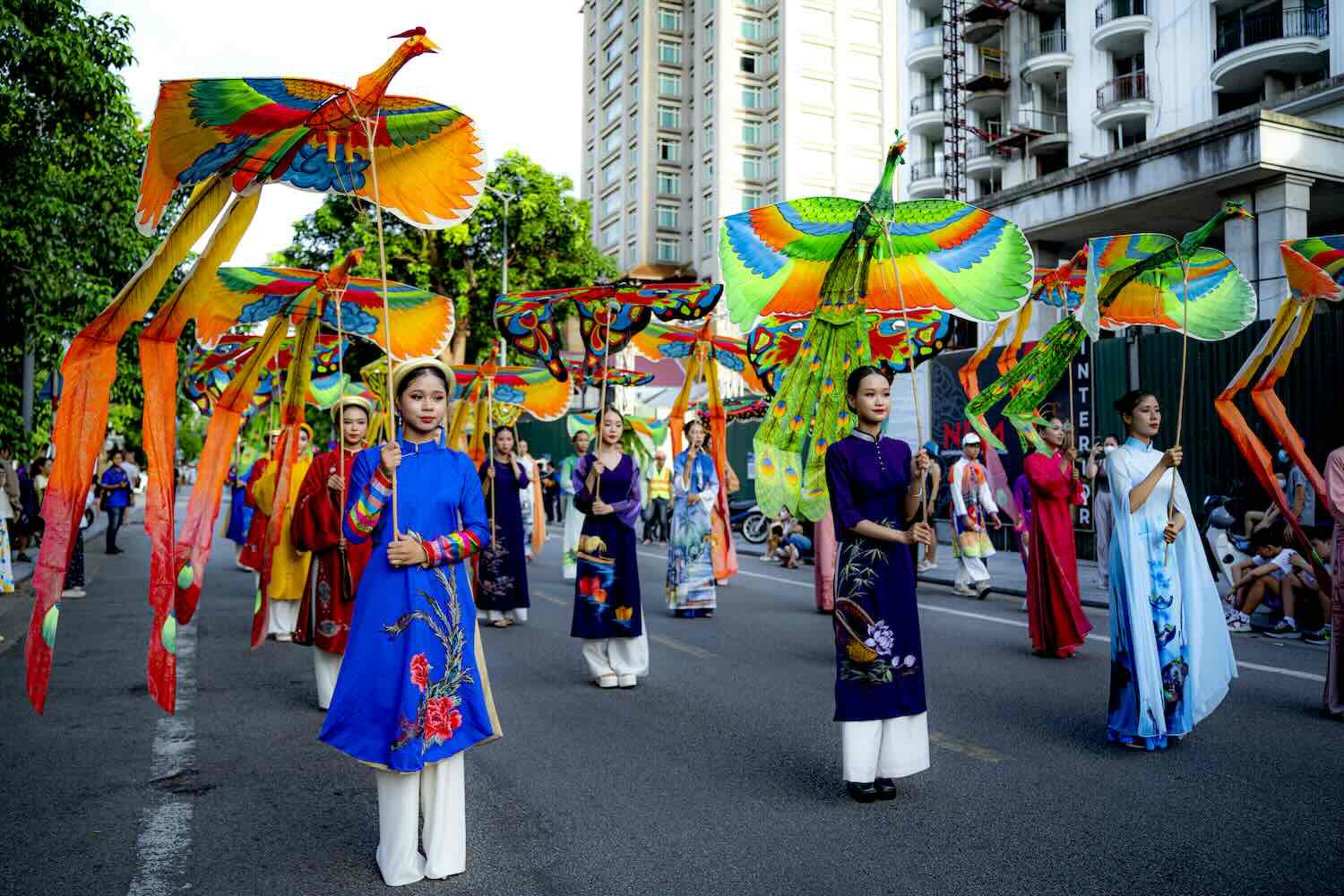 Programs during the Festival in Hue. Photo: Le Hoang.
Programs during the Festival in Hue. Photo: Le Hoang.
Associate Professor, Dr. Do Bang, Vice President of the Vietnam Historical Science Association, said that the ancient capital of Hue is a complete relic complex, which still retains many of its original elements. It is a witness to many dynasties from its founding, prosperity and decline, and has left behind many palaces, mausoleums, temples and pagodas. These heritages are blending with a vibrant and attractive contemporary life.
According to Mr. Bang, Hue's historical and cultural heritages are invaluable assets that need to be researched, preserved and promoted, not only to enrich Hue and the country but also to enrich human life, as a need of modern life that people on every continent need to explore.
“History and nature have given Hue a treasure and Hue has truly become a precious gem. The more that gem rubs against time and participates in human life, the more it shines, becomes sparkling and has an extraordinary attraction,” Mr. Bang commented when talking about Hue.
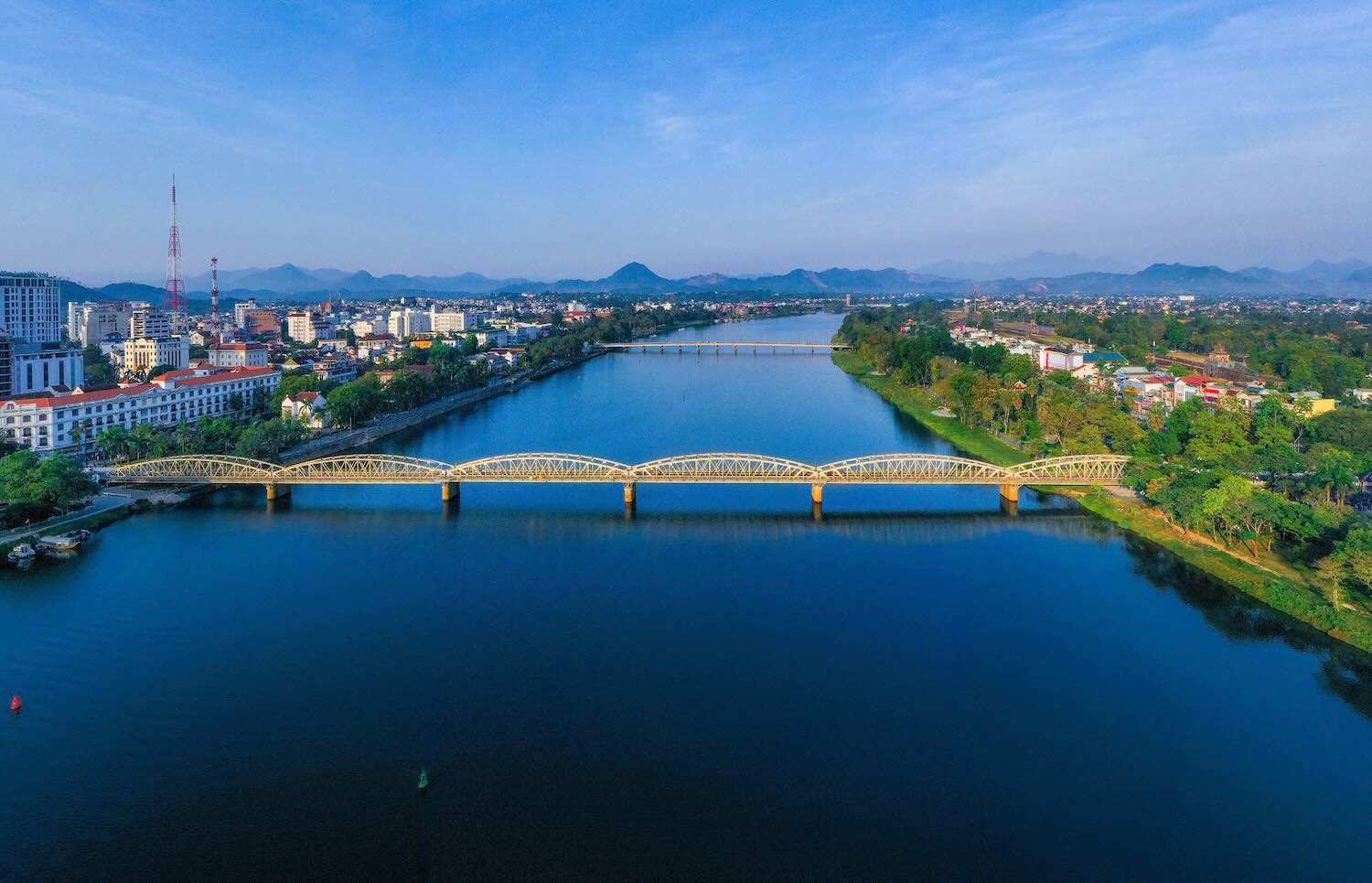 A corner of Hue city. Photo: Thanh Dat.
A corner of Hue city. Photo: Thanh Dat.
Experts say Hue is very correct in choosing its own path based on the foundation of culture and heritage for development, and developing according to the model of a "heritage, cultural, ecological, landscape, environmentally friendly and smart urban area".
This not only opens up great opportunities for development but also protects its unique identity. But not only opportunities, but also difficulties and challenges that Hue is facing and must overcome.
Researcher Nguyen Xuan Hoa, former Director of the Department of Culture and Information of Thua Thien Hue, commented that Hue City's elevation to the Central Government is a return to the status of the ancient capital. This is not only a major policy of the Central Government but also the effort of the people and government of this urban area.
Becoming a centrally-governed city is a new opportunity for Hue. Now, Hue City also plays the role of a development pole of the country.
Exploiting the characteristic elements of cultural heritage
Having worked for many years with the Hue Heritage Complex before becoming Director of the Department of Culture and Sports of Hue City, Dr. Phan Thanh Hai frankly stated that the issue of preserving and promoting cultural heritage values has not yet attracted investors, and the socialization of work in preserving and promoting cultural heritage values is still low.
In addition, some state legal mechanisms and regulations are not really suitable for the development of the country in general, and of the locality in particular. The negative impacts caused by human activities, stemming from the pressure of economic development, urbanization speed, and modern life needs, also significantly affect the work of preserving and promoting the heritage values of the ancient capital of Hue.
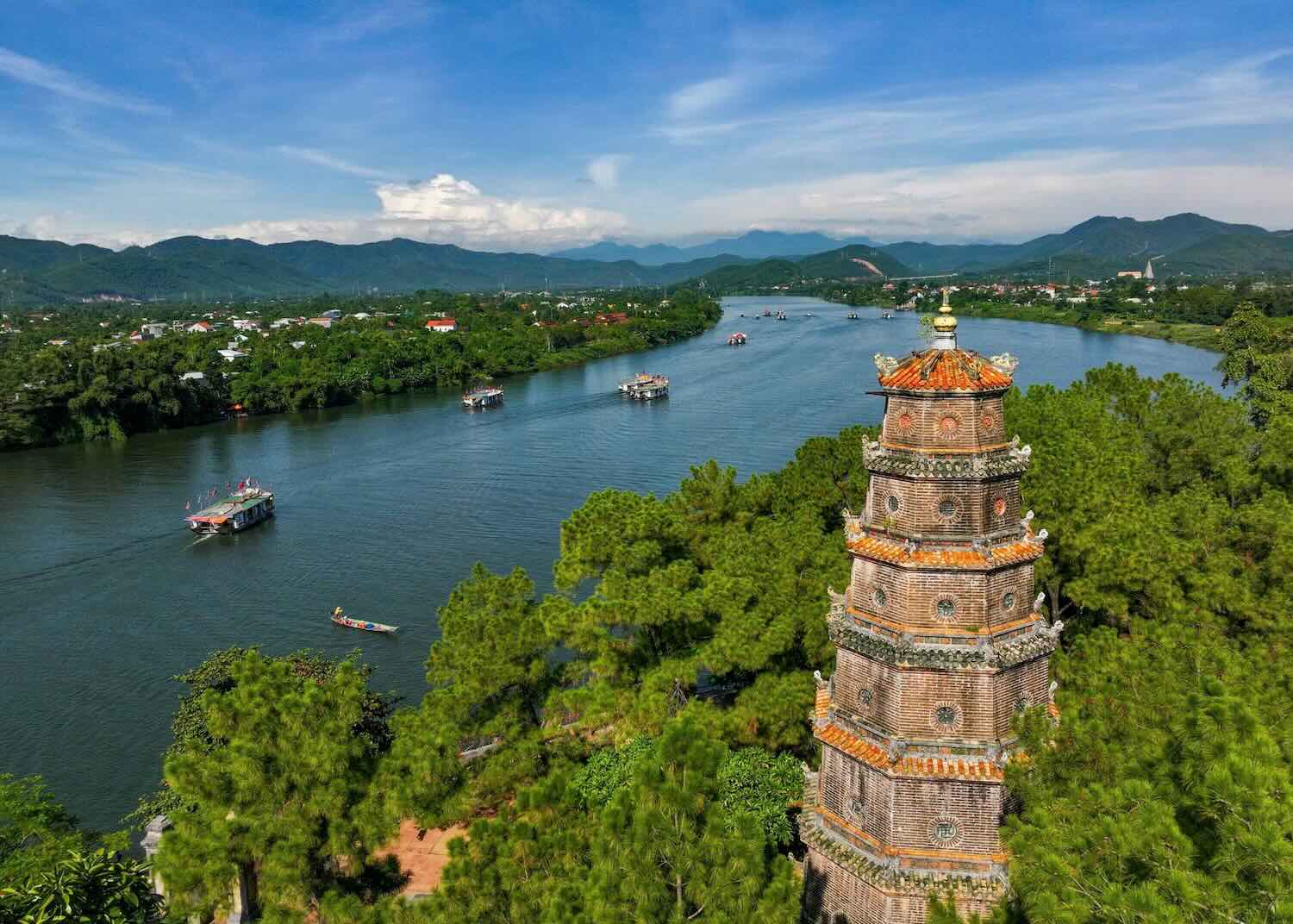 A corner of Thien Mu Pagoda. Photo: Nguyen Phong.
A corner of Thien Mu Pagoda. Photo: Nguyen Phong.
According to Dr. Hai, exploiting the strengths of the heritage values of the ancient capital of Hue for development has not really achieved the highest efficiency, the products are still quite poor, and have not created interaction for tourists to experience.
Revenue from services at cultural heritage sites is not high, lacking key products and typical souvenirs, mostly focusing on exploiting cultural heritage values, architectural works in the Imperial Citadel area, the system of mausoleums in Hue and surrounding areas for tourism development.
In addition, many other cultural heritage values in the province such as garden houses, palaces, and pagodas have not been exploited for tourism development or have been exploited but at a low level, not really attractive or unique.
To solve this problem, the head of the Hue City cultural sector said that it is necessary to establish regulations to preserve and promote the value of relics and regulations for socio-economic development, as well as concentrate resources to restore and conserve a number of key architectural works in the Hue Monuments Complex.





![[Photo] Prime Minister Pham Minh Chinh receives President of Cuba's Latin American News Agency](/_next/image?url=https%3A%2F%2Fvphoto.vietnam.vn%2Fthumb%2F1200x675%2Fvietnam%2Fresource%2FIMAGE%2F2025%2F12%2F01%2F1764569497815_dsc-2890-jpg.webp&w=3840&q=75)

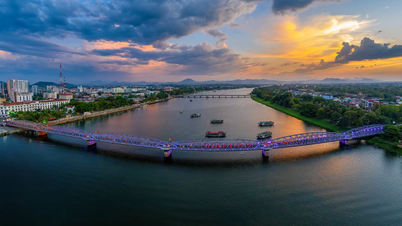



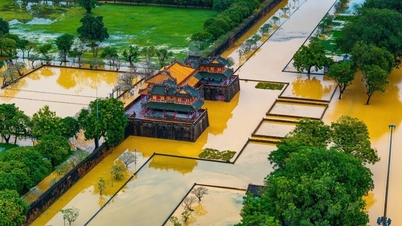

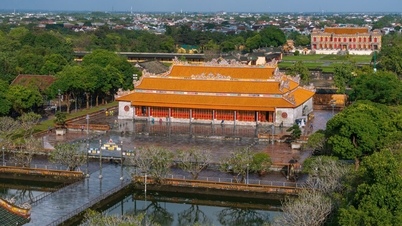

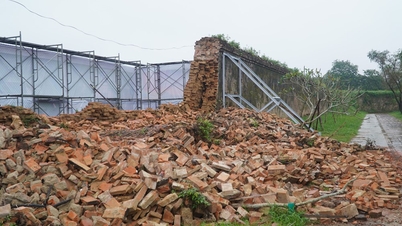
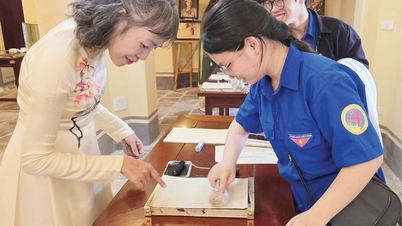



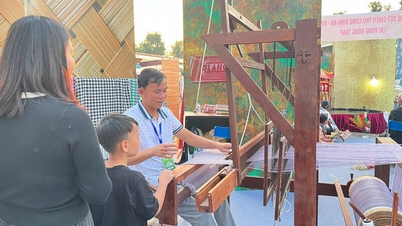
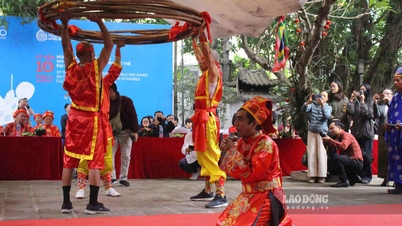
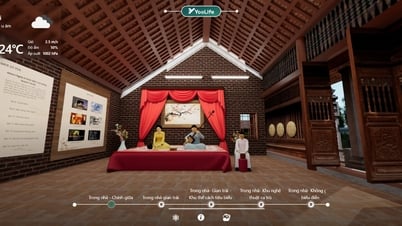

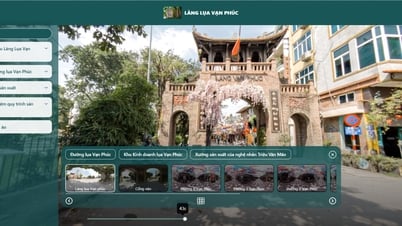
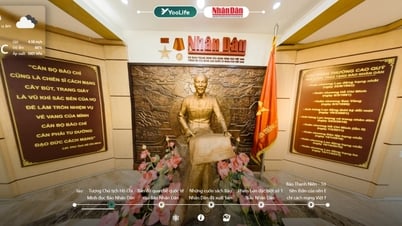







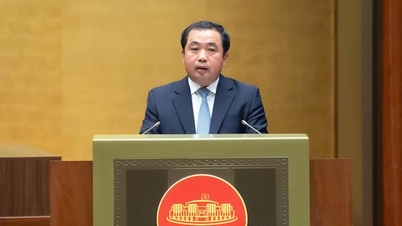




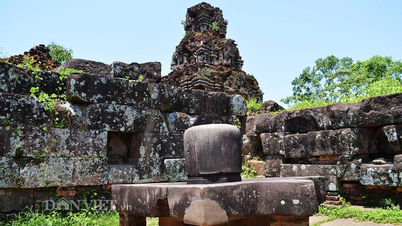
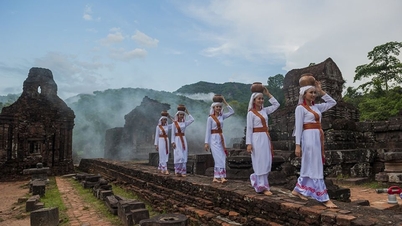

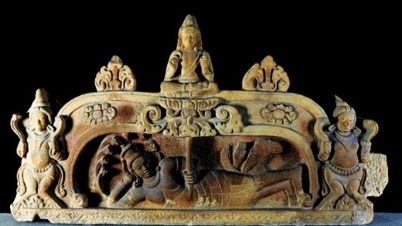
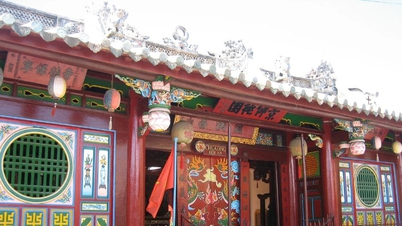
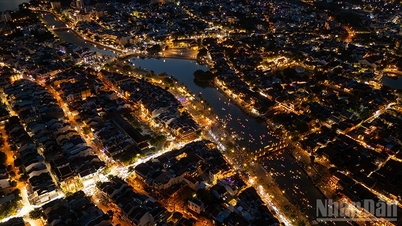

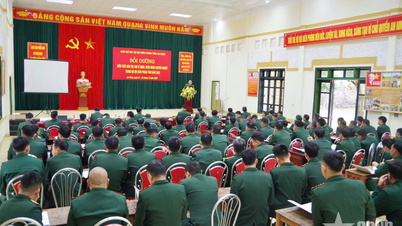



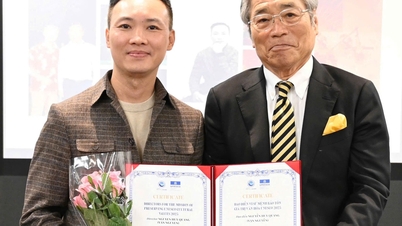









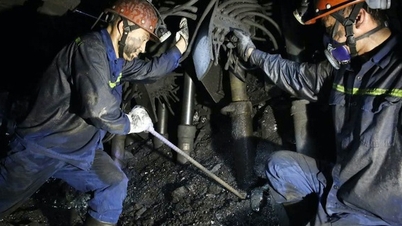


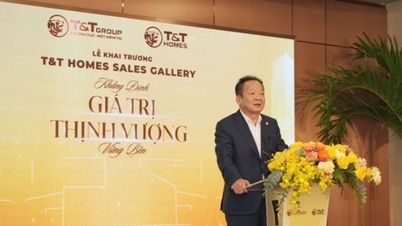















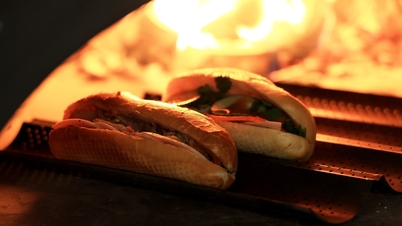





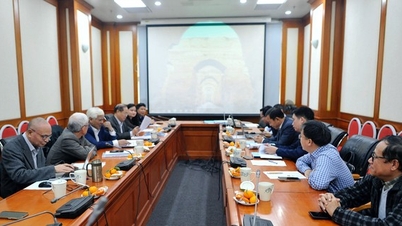
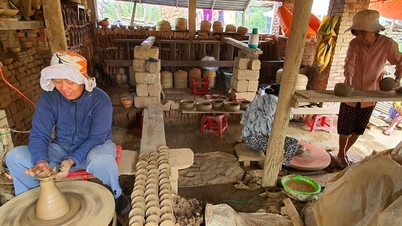





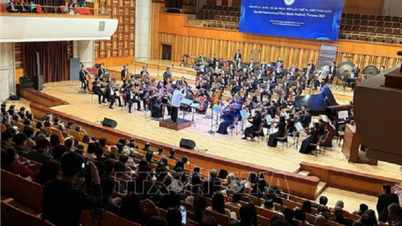

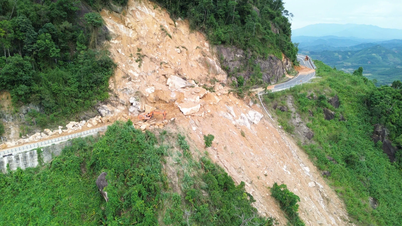

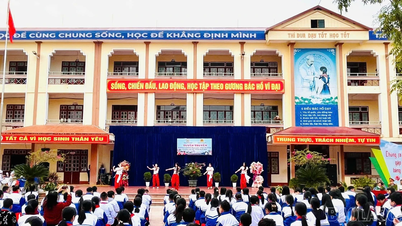














Comment (0)